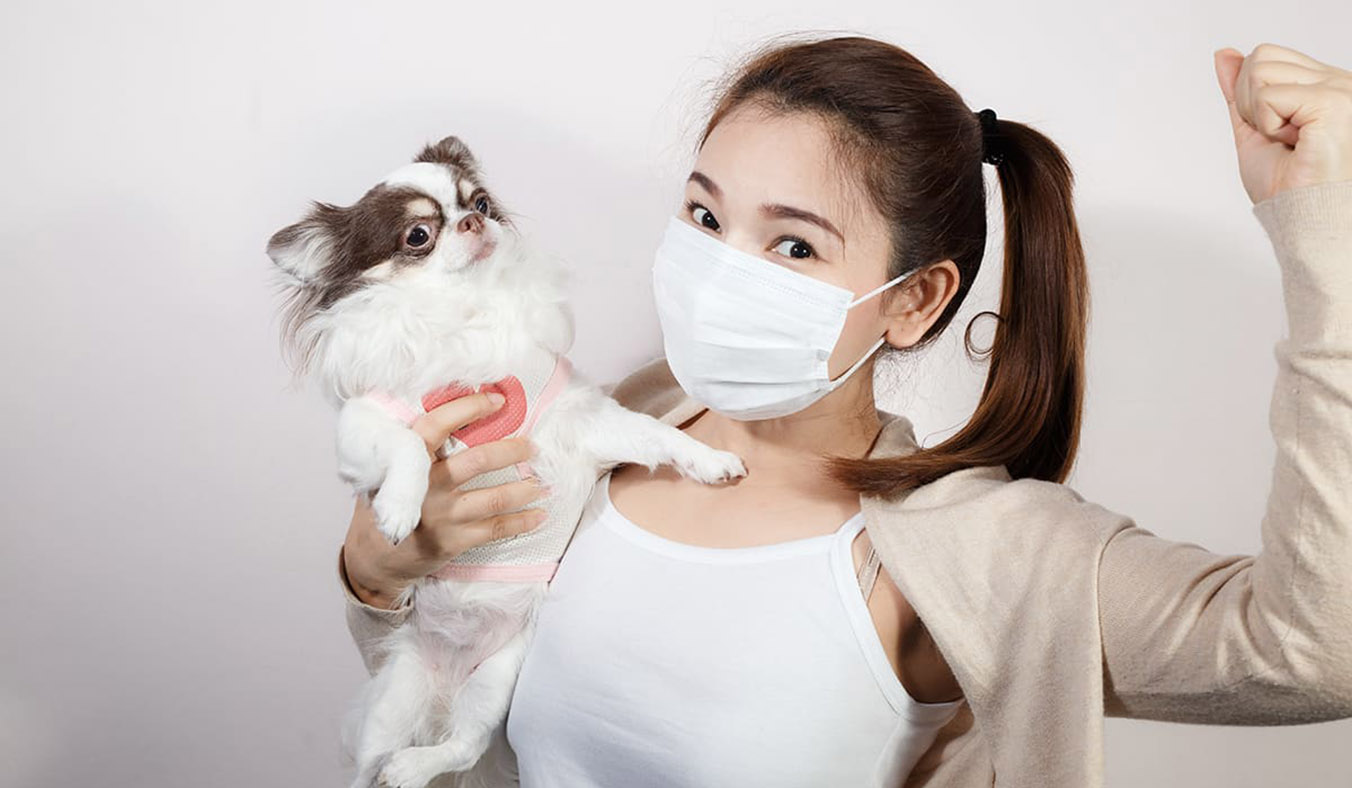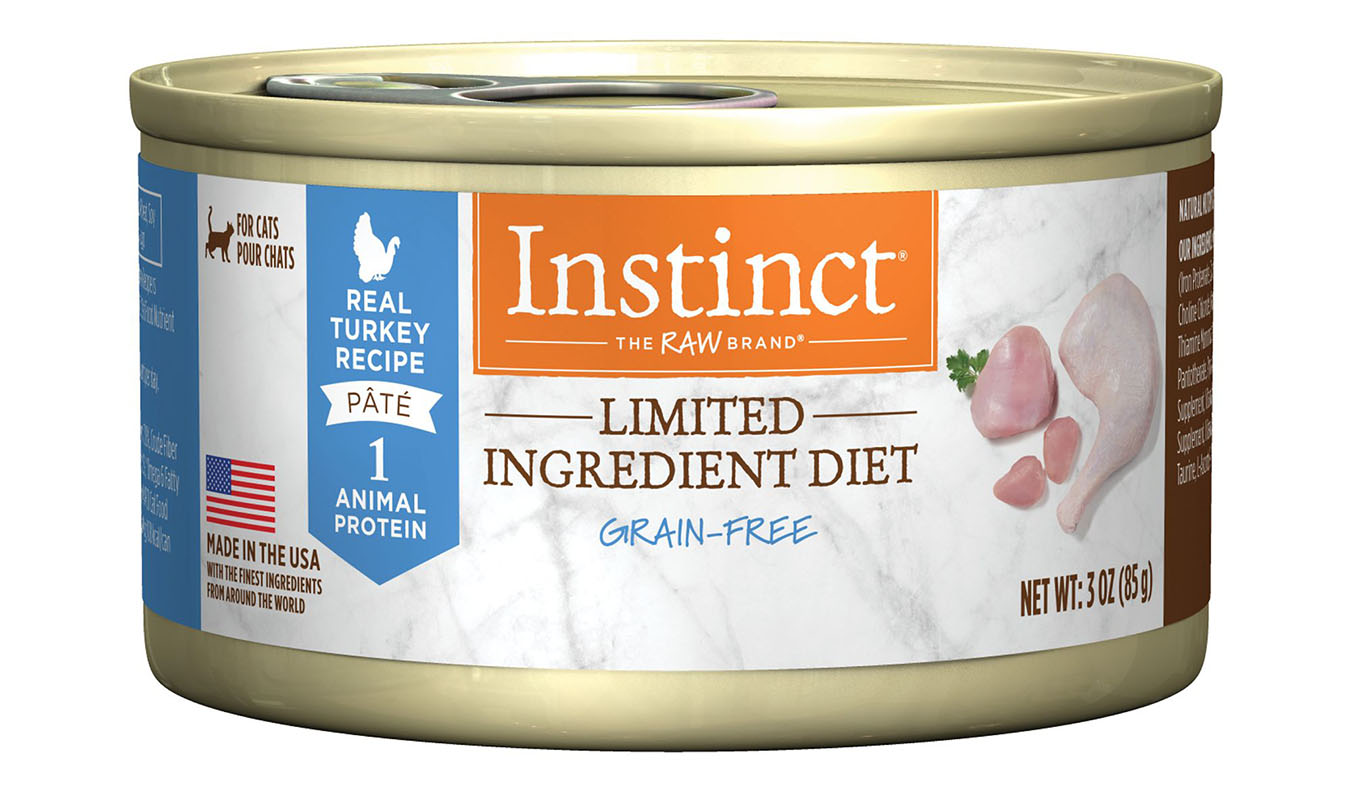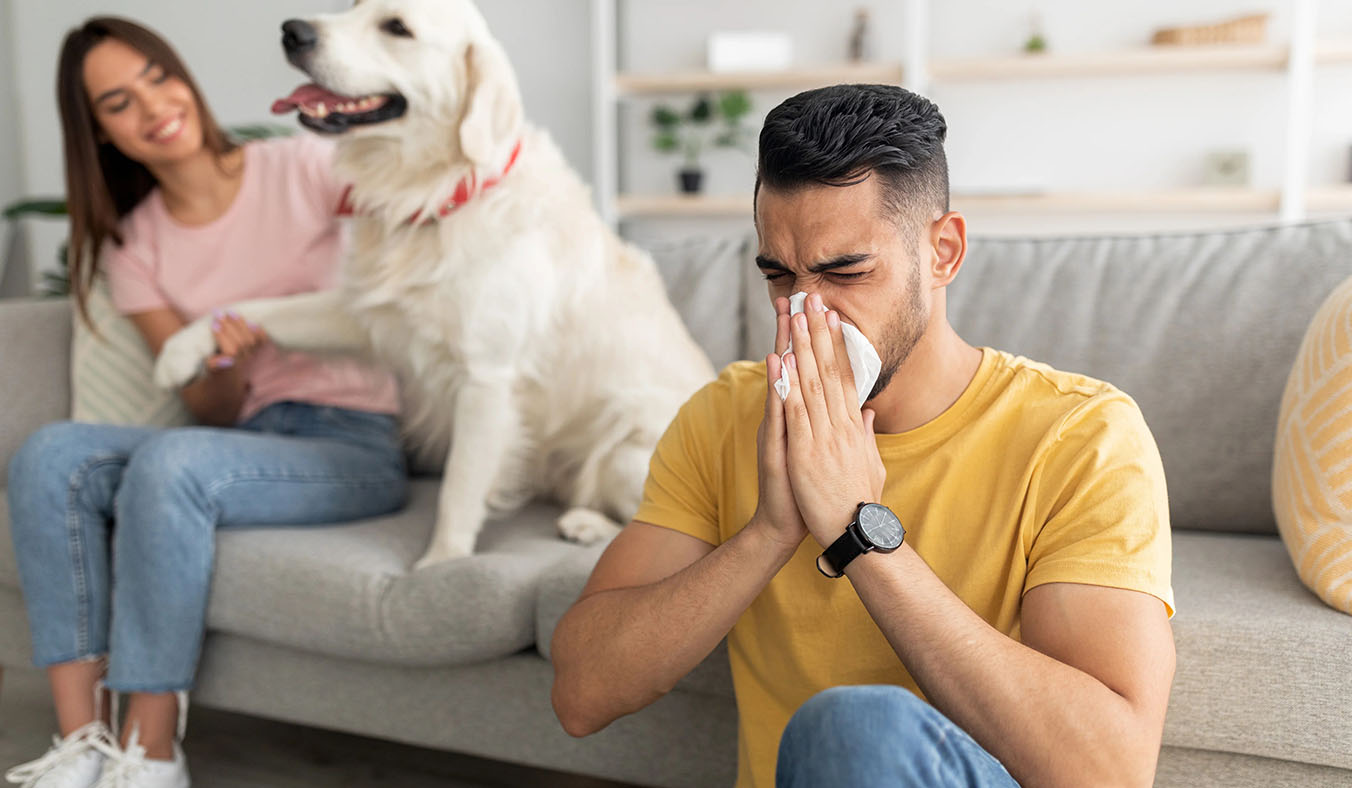As the vibrant colors of spring begin to emerge, so do the challenges for allergy-prone puppies and their delicate immune systems. Springtime brings with it a myriad of allergens, from pollen to grasses, which can trigger discomfort and distress in our furry friends. We’ll explore why spring is the most critical season for allergy-prone puppies’ immune systems and how we can strengthen their defenses to ensure a happy and healthy season ahead.
The Springtime Allergy Dilemma: Navigating Allergens with Allergy-Prone Puppies

As the world awakens from its winter slumber, spring ushers in a breathtaking display of nature’s beauty. However, for our beloved allergy-prone puppies, this season of renewal can also bring a host of challenges. Springtime heralds the arrival of pollen, mold, dust, and other airborne allergens, triggering allergic reactions in sensitive pups. From incessant itching to watery eyes, these symptoms can cast a shadow over their springtime adventures, underscoring the importance of understanding and managing their allergies effectively.
Identifying Allergy Symptoms:
For allergy-prone puppies, springtime can manifest as a season of discomfort and distress. Common symptoms of allergies in puppies include:
- Itching and Scratching: Puppies may exhibit incessant scratching, particularly around their ears, paws, and belly, in response to allergens.
- Sneezing and Watery Eyes: Allergens such as pollen and dust can irritate a puppy’s respiratory system, leading to sneezing fits and watery eyes.
- Skin Irritation: Redness, inflammation, and hot spots may develop on a puppy’s skin as a result of allergic reactions, causing further discomfort.
- Digestive Upsets: Some puppies may experience gastrointestinal issues, such as diarrhea or vomiting, as a secondary response to allergen exposure.
Managing Spring Allergies in Puppies:
- Allergen Avoidance: Minimize exposure to common allergens by keeping allergy-prone puppies indoors during peak pollen times and avoiding areas with high pollen counts, such as freshly cut grass or blooming flowers.
- Regular Grooming: Maintain a regular grooming routine to remove pollen and other allergens from your puppy’s coat. Use a gentle, hypoallergenic shampoo designed for sensitive skin to soothe irritation and prevent further allergic reactions.
- Allergy Testing: Consider consulting with a veterinarian to identify specific allergens triggering your puppy’s reactions. Allergy testing can help pinpoint allergens, enabling you to take targeted steps to minimize exposure and alleviate symptoms.
- Dietary Modifications: Explore hypoallergenic or limited-ingredient diets formulated for dogs with food allergies or sensitivities. These diets can help address underlying allergic triggers and support overall health and well-being.
- Medication and Treatment: In cases of severe allergies, your veterinarian may prescribe medications such as antihistamines or corticosteroids to alleviate symptoms and provide relief. Immunotherapy, allergy shots, or sublingual immunotherapy may also be recommended for long-term management.
While springtime allergies can pose challenges for allergy-prone puppies, proactive management strategies can help mitigate symptoms and ensure a happy and healthy season ahead. By understanding their allergies, minimizing allergen exposure, and seeking veterinary guidance when needed, pet owners can help their furry companions navigate springtime with comfort and ease, allowing them to enjoy the wonders of the season to the fullest.
Enhancing Puppy Immune Systems: Strengthening Your Puppy’s Defenses for a Healthy Life

- Nutritious Diet: A well-rounded and nutrient-rich diet lays the foundation for a robust immune system in puppies. Opt for high-quality puppy food formulated to support immune health, prioritizing options rich in essential nutrients like vitamins, minerals, and antioxidants. Consider supplements such as omega-3 fatty acids and probiotics, known for their immune-boosting properties, to further enhance your puppy’s diet.
- Regular Exercise: Exercise is not only vital for physical fitness but also plays a crucial role in maintaining a strong immune system. Engage your puppy in daily physical activities that promote circulation, stimulate the lymphatic system, and support overall immune function. Outdoor playtime exposes puppies to beneficial environmental microbes, contributing to the development of a robust immune response over time.
- Proper Hygiene Practices: Good hygiene practices are essential for minimizing allergen exposure and reducing the risk of infections in puppies. Bathe your puppy regularly using a mild, hypoallergenic shampoo to remove allergens and soothe irritated skin. Keep their living environment clean and free of dust, pollen, and other potential allergens by regularly vacuuming, dusting, and washing bedding. This helps create a healthier indoor environment for your puppy to thrive in.
- Supervised Outdoor Activities: While outdoor play is essential for puppies’ socialization and mental stimulation, it’s crucial to supervise their time outdoors, especially during allergy season. Avoid areas with high pollen counts, such as freshly mowed grass or fields of blooming flowers, and limit outdoor activities during peak pollen hours. After outdoor play sessions, wipe your puppy’s paws and coat with a damp cloth to remove pollen and allergens, reducing the risk of allergic reactions.
- Consultation with a Veterinarian: If your puppy exhibits allergy symptoms or if you have concerns about their immune health, seek guidance from a qualified veterinarian. Veterinarians can offer personalized recommendations based on your puppy’s specific needs, conduct allergy testing if necessary to identify allergens, and prescribe medications or treatments to alleviate symptoms and support immune function. Regular check-ups and discussions with your veterinarian ensure proactive management of your puppy’s health and well-being.
By implementing these strategies and prioritizing your puppy’s immune health, you can help them develop a strong defense system that supports a happy and healthy life. Together with proper nutrition, exercise, hygiene practices, outdoor supervision, and veterinary care, you can empower your puppy to thrive and enjoy every moment of their journey into adulthood.
Springtime poses unique challenges for allergy-prone puppies and their developing immune systems. By taking proactive steps to strengthen their immune defenses and minimize allergen exposure, we can help our furry friends enjoy a happy, healthy, and allergy-free spring season. With proper care and attention, we can ensure that our puppies thrive and flourish despite the seasonal challenges they may face.



